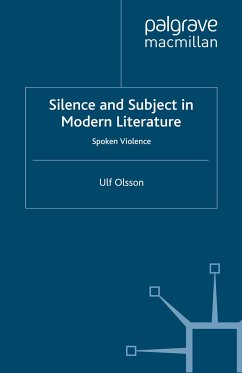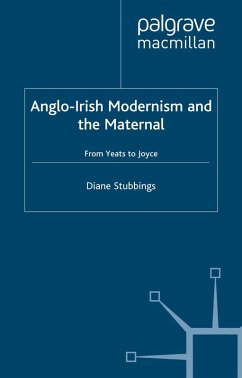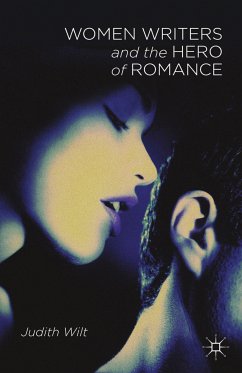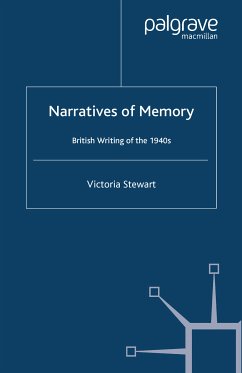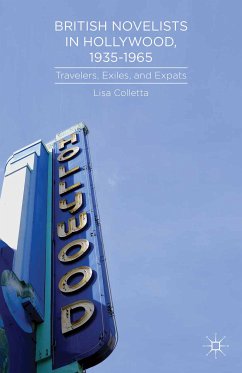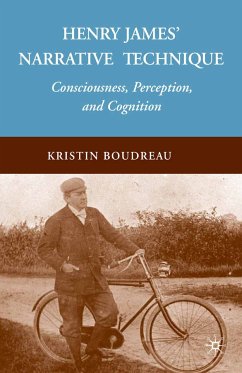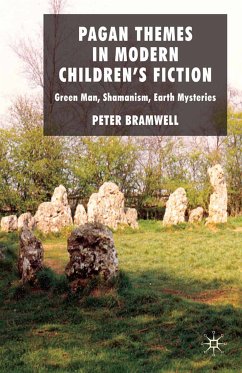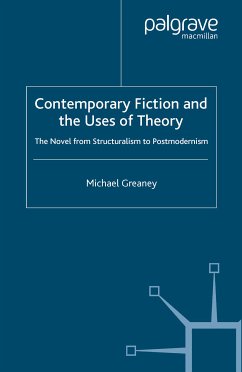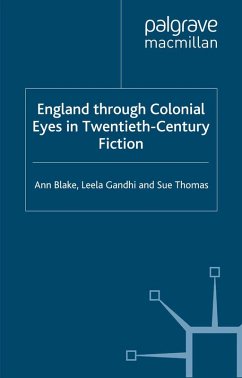
England Through Colonial Eyes in Twentieth-Century Fiction (eBook, PDF)
Versandkostenfrei!
Sofort per Download lieferbar
72,95 €
inkl. MwSt.
Weitere Ausgaben:

PAYBACK Punkte
36 °P sammeln!
Much attention has focused on the imperial gaze at colonised peoples, cultures, and lands. But, during and after the British Empire, what have writers from those cultures made of England, the English, and issues of race, gender, class, ethnicity, and desire when they have travelled, expatriated, or emigrated to England? This question is addressed through studies of the domestic novel and the Bildungsroman , and through essays on Mansfield, Rhys, Stead, Emecheta, Lessing, Naipaul, Emecheta, Rushdie and Dabydeen.
Dieser Download kann aus rechtlichen Gründen nur mit Rechnungsadresse in A, B, BG, CY, CZ, D, DK, EW, E, FIN, F, GR, HR, H, IRL, I, LT, L, LR, M, NL, PL, P, R, S, SLO, SK ausgeliefert werden.




